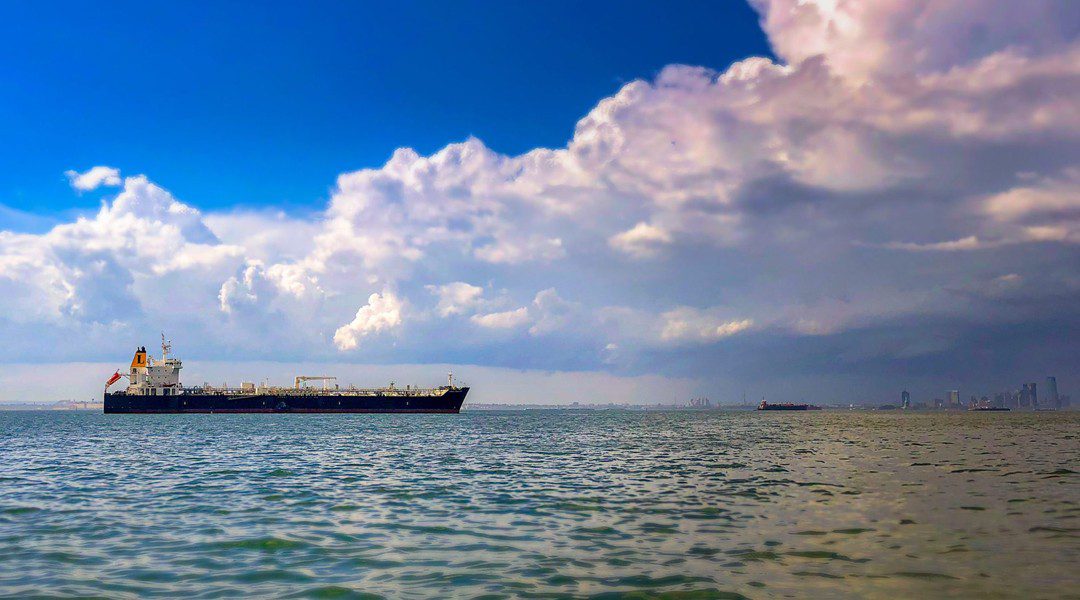The recently eased visa rules that allow more welders, painters and engineers of foreign nationality to work for Korea’s shipyards have been at the center of intensifying conflict between unionized workers of Korean nationality and management in the domestic shipbuilding industry, according to industry officials.
After the government announced last month that it would ease rules on the E-7 class visa to solve a workforce shortage in the shipbuilding industry, the Hyundai Heavy Industries (HHI) union immediately criticized the decision, claiming that the policy does not solve the problem.
“Hiring of short-term migrant workers through revised visa rules will remove skilled Korean workers,” the union said in a statement. “There exists a case of Japanese shipbuilding industry that collapsed after favoring low-cost foreign workers.”
The union also pointed out the possibility of more accidents, citing difficulties in communication.
“We fear that potential fatal accidents could develop into international problems,” it said.
From that standpoint, the unionized workers urged shipbuilders to raise wages, if they really want more skilled workers to return to shipyards.
Their claim has gained support from unionized workers of other shipyards.
Amid the HHI union’s continued strike this month, the unionized workers of HHI Group’s three shipbuilders, as well as Samsung Heavy Industries, Daewoo Shipbuilding & Marine Engineering, HSG Sungdong Shipbuilding, K Shipbuilding and HJ Shipbuilding & Construction, urged their employers to improve labor conditions, protesting their attempts to hire workers of foreign nationality at lower wages.
Shipbuilders and industry experts, however, argue that the unions’ claims are groundless.
“Japan’s shipbuilding industry collapsed after the country’s universities abolished relevant majors in the wake of the Korean shipbuilding industry’s success,” said Shin Dong-won, a former professor of Inha University’s Department of Naval Architecture & Ocean Engineering.
In response to the request for wage hikes, shipbuilders said it is still difficult for most companies to pay higher salaries to their employees, as they just started recovering from a long-term economic downturn.
The government also promised to train foreign national workers for about a year after their arrival, in order to prevent communication issues that might lead to safety problems.






